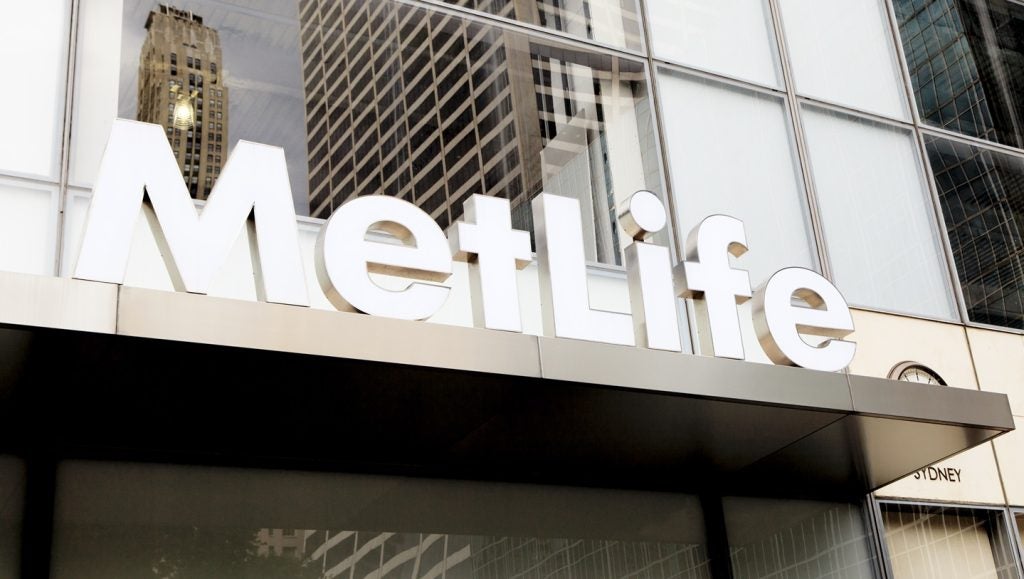Guy Stephens, technical investment director at Rowan Dartington, discusses the potential outlooks for the general election and considers the impact on investors.
The outcome of the UK election is currently looking very different to that envisaged at outset. I would imagine Theresa May is also feeling decidedly uneasy and hats off to Jeremy Corbyn for stepping up to the plate.
At last a robust opposition, which has to be good for democracy, putting political views to one side. It really does now feel like the vote will be close but logic would say it won’t be. But after Brexit, the polls are to be viewed with a high degree of scepticism. This is perhaps why the markets are nervous.
I have learnt over the years to park political views when investing clients’ money, firstly for professional reasons, but secondly because the City often treats politicians as transient and usually an irritant muddying the waters.
This view appears to have now spread to the electorate and I wouldn’t be surprised if the turnout for this election is one of the lowest on record as so many voters have a fair degree of apathy. The flaws of all the manifestos are being exposed, along with the authenticity and appeal of the candidates.
Perhaps this is a result of the proliferation of social media where every soundbite can be analysed and nothing forgotten or denied. It has been surprising that all of the candidates have come unstuck quite so easily in this environment of intense media scrutiny.
How well do you really know your competitors?
Access the most comprehensive Company Profiles on the market, powered by GlobalData. Save hours of research. Gain competitive edge.

Thank you!
Your download email will arrive shortly
Not ready to buy yet? Download a free sample
We are confident about the unique quality of our Company Profiles. However, we want you to make the most beneficial decision for your business, so we offer a free sample that you can download by submitting the below form
By GlobalDataFrom an investor perspective, it would be a brave man or woman who put their money where their mouth is ahead of Thursday’s result, as the second worst market outcome is looking increasingly likely. Namely, a Conservative outright majority but of insufficient size to achieve the objectives of Theresa May’s snap election, which was to significantly strengthen her Brexit negotiating hand.
This followed the pledge from both the Liberal Democrats and Labour to frustrate the process for their own ends. It is a tragedy of our time that Western politics has descended into this disconnected and disillusioned relationship with the electorate but at least we have a vote.
It is just the choices that are presented that seem to fall short of voter expectation and this transcends throughout the US and Europe. The electorate is better informed than ever before and unplanned and uncosted policy pledges are being cruelly exposed, undermining credibility.
If there is a Conservative victory announced in the early hours of Friday morning of more than 100, then Sterling will most likely retrace its recent weakness. That may undermine the strength seen in the FTSE-100, which has been fuelled by Sterling weakness and overseas earnings translational benefits.
However, as expounded last week, investors are blindly buying equities at the moment as there is little else of appeal and especially as inflation picks up, further undermining cash and fixed interest as worthwhile alternatives.
The end to the immediate uncertainty may further support investor enthusiasm to follow the momentum. So, conversely, the market may get bid up even though the currency move would suggest the opposite. Such is the current market environment.
The worst outcome would be a hung parliament and a messy coalition, possibly not even including the Conservatives. So, for the sake of the markets, and our clients’ portfolios, we would hope that this doesn’t happen. But right now, I wouldn’t be surprised if Theresa May doesn’t end up with some degree of egg on face even if she gains a majority.
The number of articles, including mine, doing the rounds at the moment regarding the overvaluation of equity markets is significant and this view of overvaluation is also creeping into popular alternatives such as infrastructure and investment trusts more generally, where the narrowing of discounts to net asset value is always a good gauge of investor appetite.
The former is averaging a 15% premium whereas many of the latter are trading at the lowest discounts of their recent historic range. However, never forget the saying from John Maynard Keynes that ‘markets can remain irrational for longer than you can remain solvent’.
The most recent example of this was coined in December 1996 in a speech from Alan Greenspan, the US Federal Reserve Bank Chairman at the time. He viewed markets as overvalued and used the phrase ‘irrational exuberance’ to describe investor behaviour.
Whilst this appeared well argued at the time, the S&P 500 subsequently rose by 141% from that point until Lehman Brothers went bust in September 2008, after which it then fell by 50%. So the key to assessing this is not whether the market is overvalued, that is a given, but just how long can it remain overvalued and to what degree? Are the current dynamics which are causing an excess of buyers who will blindly buy the dips likely to change any time soon?
It will take an event of significant scale to scare people into running to cash. Whilst global GDP is rising, regardless of Trump’s policies, Brexit, European elections or terrorism, this looks unlikely as earnings are robust, profits are respectable and dividends are secure. Whatever you do as an investor, don’t forget that what goes up beyond expectations must revert back to the norm at some point. The now billion dollar question is when and why?







